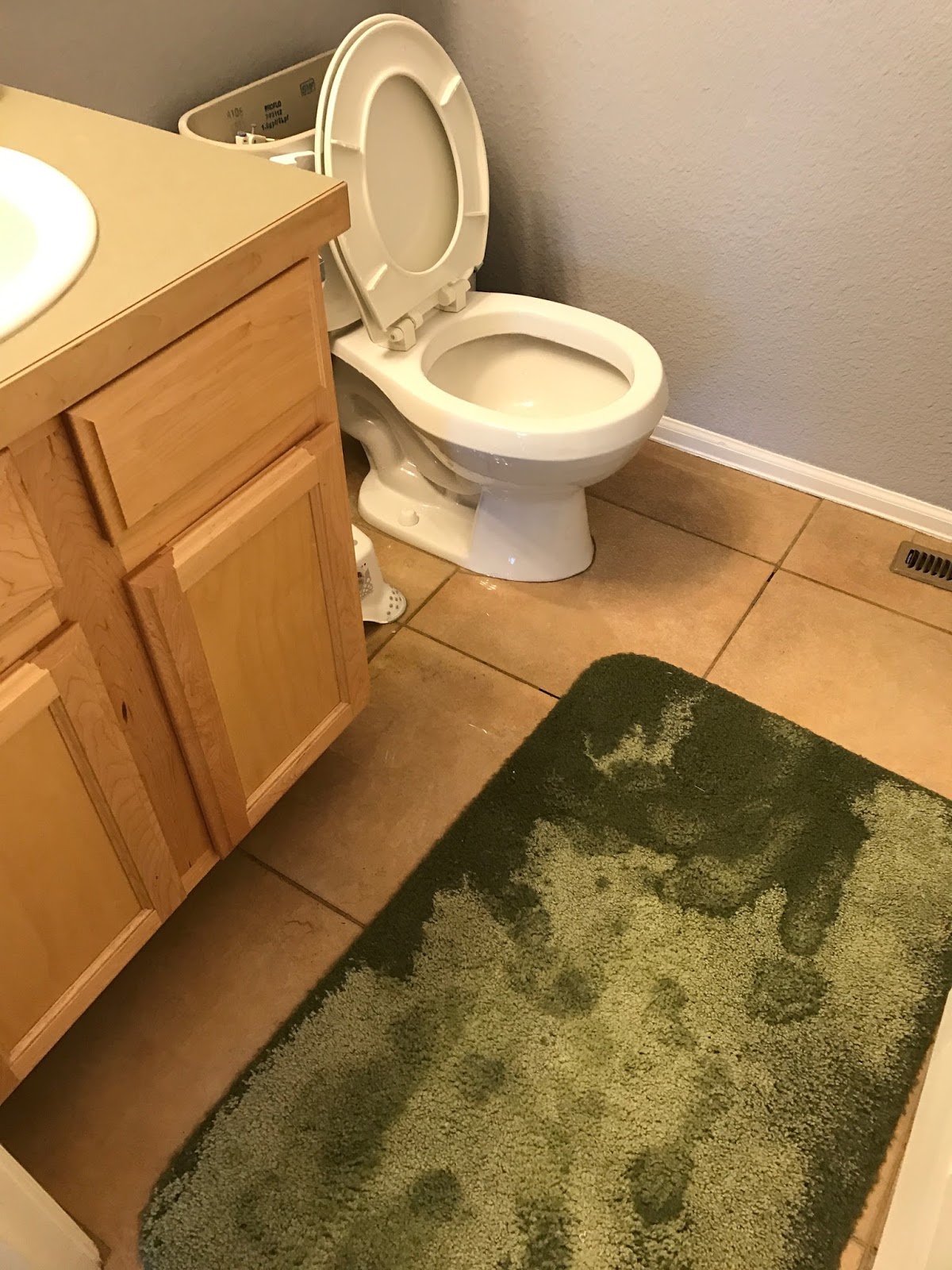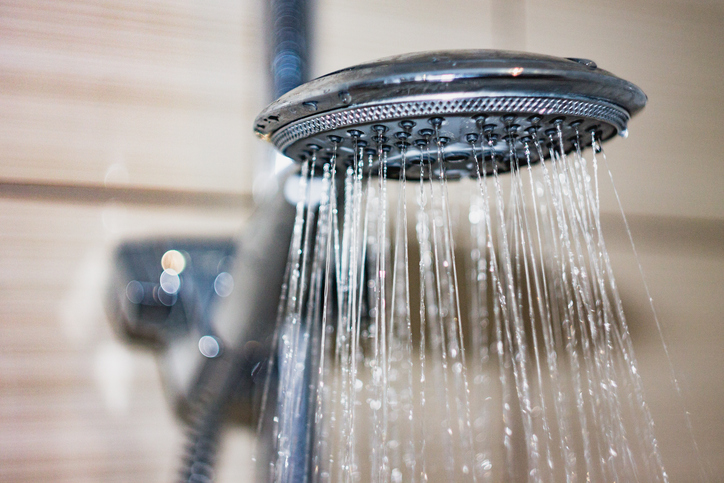What Bathroom Moisture Triggers Water Damage
What Bathroom Moisture Triggers Water Damage
Blog Article
This great article listed below about How to Repair and Prevent Bathroom Water Damage? is relatively engaging. Give it a go and draw your own conclusions.

Water damage commonly occurs in the washroom as a result of the water utilized everyday. Sometimes, the damages could be a little mold and mildew from the shower. Various other times, it's massive damage on your floor. Whatever it is, it is always excellent to understand the reason and also stop it before it takes place.
This guide will certainly go through a few of the typical causes of water damage in the restroom. We will also examine what you can do to avoid these reasons from harming your shower room. Let's dive in.
These are the usual reasons you would certainly have water damage in your restrooms as well as exactly how you can detect them:
Excess Dampness
It's great to have that long shower as well as splash water while you dance around and act like you're doing, however often these acts might trigger water damage to your bathroom.
Spraying water around can cause water to head to corners and also develop molds. View how you spread excess dampness around, as well as when you do it, clean it up to prevent damage.
Cracks in your wall floor tiles
Restroom wall surface tiles have actually been specifically created for that function. They protect the wall from wetness from people taking showers. Nevertheless, they are not unbreakable.
Often, your bathroom wall ceramic tiles split as well as permit some wetness to permeate into the wall surface. This can possibly damage the wall if you do not take any type of action. If you discover a crack on your wall floor tiles, fix it right away. Don't wait up until it damages your wall surface.
Overflowing commodes and sinks
As people, occasionally we make blunders that could trigger some water damage in the shower room. As an example, leaving your sink faucet on could cause overflowing as well as damages to other parts of the bathroom with wetness.
Likewise, a damaged bathroom can cause overflowing. For instance, a busted toilet deal with or other parts of the cistern. When this occurs, it might damage the floor.
As soon as you see an overruning sink or bathroom, call a plumbing to assist deal with it promptly.
Burst or Dripping Pipelines
There are many pipes bring water to various parts of your bathroom. Some pipelines take water to the bathroom, the sink, the taps, the shower, and also lots of various other locations. They crisscross the small area of the restroom.
Once in a while, these pipes can get rustic as well as ruptured. Various other times, human action can trigger them to leak. When this takes place, you'll find water in the edges of your bathroom or on the wall.
To spot this, look out for bubbling wall surfaces, molds, or mold. Call a specialist emergency situation plumbing professional to repair this when it takes place.
Roofing system Leakages
Sometimes, the problem of water damage to the restroom could not come from the shower room. As an example, a roofing leak can cause damage to the shower room ceiling. You can find the damages done by looking at the water stains on the ceiling.
If you locate water spots on your ceiling, inspect the roofing to see if it's damaged. Then, call a professional to aid fix the issue.
Final thought
Water damage to your restroom can be bothersome. Nonetheless, you can manage it if you protect against several of the reasons stated in this guide. Call an expert emergency plumber if you observe any kind of severe damage.
How to Repair a Water-Damaged Wall in the Bathroom
All you need to know to repair bathroom wall water damage – from identifying the water source to finishing the repair professionally. If you don’t act quickly to resolve a water damage problem, you could find that it develops into a mold issue and/or cause structural damage to your home. Follow this guide to repair your bathroom before it's too late.
All you need to know to repair bathroom wall water damage
Water damage is a common household problem, and one that, if left unrepaired, can quickly lead to structural problems and health issues. The two most likely rooms where water damage may occur is the bathroom and the kitchen – where water is used often and there is high humidity.
What is water damage?
It is easy to think of water damage as caused by a flood or leaking tap or burst water pipe. However, when water damage is assessed, there are three main categories into which water falls (as classified by the American National Standards Institute). These categories are defined as:
Category 1 Water – ‘Clear Water’
This is sanitary water. There is usually no major threat to health by washing with this water, drinking it, or inhaling if it is streaming. Most water that enters your home will be category 1 water, while most water leaving your home will be either category 2 or 3 water. It may also come from melting snow, rainwater and water tanks.
Damage caused by this type of water can usually be repaired or restored, though this doesn’t mean that there are no potential health issues.
Category 2 Water – ‘Grey Water’
This is contaminated water – sometimes considerably so – and will cause illness if consumed or if it comes into contact with your skin. Water damage in this category is often caused by overflows from toilet bowls, and damage to washing machines and dishwashers. While damaged items might still be repaired or restored after damage by grey water, it is more difficult and more expensive to do so.
If the water damage in your home has been caused by grey water, it is advisable to have repairs made by professionals.
Over time, grey water will deteriorate and become black water.
Category 3 Water – ‘Black Water’
Category 3 water, also known as black water, is highly contaminated and a great risk to health. This may contain raw sewage, heavy metals, and other toxic substances. It will smell terrible.
If this is the water that has caused damage in your bathroom, do not touch it. Stop the water flowing if possible, seal the room and call the experts: it really isn’t worth the risk of ill health and disease that could be fatal. It is very unlikely that items can be repaired or restored if they have been damaged by black water.
https://www.porterscleaning.com/blog/how-to-repair-a-water-damaged-wall-in-the-bathroom/

I am very involved in How to Repair and Prevent Bathroom Water Damage? and I hope you liked our page. Are you aware of anybody else who is inquisitive about the subject? Take a moment to promote it. Many thanks for going through it.
Get the best, ring us! Report this page